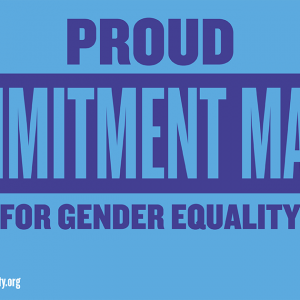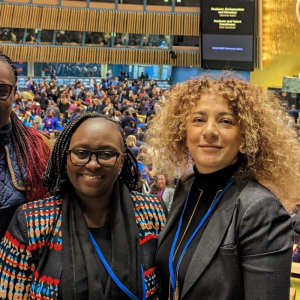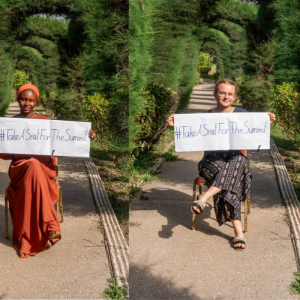This afternoon The Economist released an article entitled ‘An Agonising Choice’. This piece argues that in order to end female genital cutting (FGC), governments should ban the most severe forms of the practice and alternatively advocate for the adoption of less severe forms that supposedly have fewer health implications.
We at Orchid Project cannot condone the views put forward in this article. First and foremost, we wish to bring attention to the fact that, though it does include some factual evidence, it is an opinion-based piece masquerading as fact. In this sense, the language and tone of the article is, in our opinion, incredibly misleading as it could lead readers to believe that was written by an authority on the practice. The Economist’s stance of not naming their authors, heightens this level of ambiguity.
A discussion of the actual content of this article reveals numerous flaws in its logic. The main issue here is the promotion of the idea that a less severe form of cutting is acceptable. Orchid Project firmly believes that any form of female genital cutting, no matter its severity, is a human rights violation and an act of violence against women and girls.
Any form of cutting compromises the bodily integrity of the individual who experiences it, and can lead to immense harmful physical and psychological problems. Furthermore, it perpetuates gender-based discrimination against women and girls and broader inequality; in this new landscape of the Global Goals (sustainable development goals) it is depressing that there are still people calling for such regressive positions.
This is not the first time that this harmful opinion has been vocalised. In 2010, the American Academy of Paediatrics issued a policy statement advocating that paediatricians should substitute more severe forms of FGC for a ‘nicking’ procedure (British Medical Journal). This was condemned by the UN, who reinforced the notion that all forms of the practice are unacceptable.
The UN has recently reiterated their position regarding FGC in relation to an article published in the BMJ Journal of Medical Ethics, which, similarly to The Economist, purports that permitting less severe forms of FGC is an acceptable course of action. The UN’s belief that all forms of FGC are unacceptable was supported by the WHO, UNICEF, the United Nations Population Fund, and the United Nations Entity for Gender Equality and the Empowerment of Women (UN Women).
Furthermore, the article undermines the incredible efforts that have been made to end the practice of FGC in recent years. Organisations working a grassroots levels are seeing encouraging progress and as The Economist article states, overall prevalence rates of the practice are in decline, falling from 51% to 37% among girls aged 15-19 from 1985- 2015 (UNICEF 2016).
The article also makes reference to changes in legislation. Most practising countries in Africa have existing laws banning FGM/C, which have not been a silver bullet for ending the practice, as people’s desire to conform to social norms outweighs their fear of prosecution by the law. However, changing the law to permit less extreme forms of FGM/C would be a step in the wrong direction and would send a message that the practice is permissible.
In response to this article, we have launched a petition at change.org calling on The Economist to retract this irresponsible position. Sign it here.






